The views expressed in our content reflect individual perspectives and do not represent the authoritative views of the Baha'i Faith.
Thy day of service is now come… Thou must show forth that which will ensure the peace and the well-being of the miserable and the down-trodden. Gird up the loins of thine endeavor, that perchance thou mayest release the captive from his chains, and enable him to attain unto true liberty…. Justice is, in this day, bewailing its plight, and Equity groaneth beneath the yoke of oppression. The thick clouds of tyranny have darkened the face of the earth, and enveloped its peoples. …O people of God! Do not busy yourselves in your own concerns; let your thoughts be fixed upon that which will rehabilitate the fortunes of mankind and sanctify the hearts and souls of men. – Baha’u’llah, Gleanings from the Writings of Baha’u’llah, pp. 93-94.
Contemplate this for a minute: what if your government imprisoned you for your religion? Or sent you to jail for some other completely unjust reason? What would you do?
You could try to escape, although most prisons have figured out how to keep their inmates inside. You could revolt and riot, although that’s not a viable option if your faith teaches peace. What do you have left? You basically only have your own physical body, since all your freedoms have been stolen from you.
You can stop eating.
You can refuse food, using your own body as the only possible means of demanding justice. This remarkable exercise of the human will and conscience – the hunger strike — has become a powerful tool for change. Hunger strikes have a long and storied history in prisons and in social protest movements. Through the ages, depriving your own body of food has been one of the main non-violent resistance methods for those who have no other choices.
Mahatma Gandhi famously used the hunger strike while imprisoned in India by the British. Practicing satyagraha – Gandhi’s term for truth and nonviolent resistance – he successfully refused to eat while in prison, and on several occasions forced the British authorities to relent as a result. Many historians have cited Gandhi’s hunger strikes as one of the primary reasons why India won its independence from its British colonists.
In the West, few people know about another famous Indian hunger striker, Amarajeevi Sriramulu – but his sacrifice of his life in a 58-day hunger strike in 1952 changed Indian society dramatically. An Indian revolutionary, a devout follower of Gandhi and an advocate for the untouchable caste in India, Sriramulu’s death resulted in the formation of Andhra state, and ultimately the re-organization of all the states of the Indian nation by linguistic categories rather than religious or caste-based borders. Sriramulu’s bravery and self-sacrifice freed millions of people from repression. His title – Amarajeevi – means “immortal.”
Hunger strikers have had enormous impacts on struggles for freedom everywhere. Cesar Chavez famously held a very effective hunger strike in 1968 during his union’s drive to organize farmworkers; and Alice Paul and several other American suffragettes refused to eat in Virginia’s Occoquan Workhouse prison while advocating for the passage of the 19th Amendment, assuring women the right to vote.
You’ve probably never heard of Afshin Heiratiyan, but he just became the latest in a long line of wrongly-imprisoned, justice-seeking hunger strikers.
The Raja’i Shahr Nineteen started their hunger strike when officials permitted brutal, systematic beatings to take place in Ward 350 of Iran’s notorious Evin Prison, where the government confines Iran’s prisoners of conscience.
According to independent Iranian and international news reports, the assailants — from the Intelligence Units of Iran’s government, the anti-riot guards in Evin Prison and the regime’s plain-clothes intelligence and security agents — wore dark glasses and covered their faces to hide their identities. The prisoners, forced to run a human gauntlet, moved through two parallel lines of assailants, who brutally beat them as they went. Many of the prisoners sustained life-threatening injuries.
The Raja’i Shahr Nineteen’s hunger strike, in solidarity with the severely-injured prisoners of Ward 350, has already been echoed by large numbers of relatives of prisoners gathered outside Evin prison to protest the government’s brutal, illegal actions. Originally held in Ward 350 with six other Baha’i prisoners, Afshin Heiratiyan and the others were all transferred to Raja’i Shahr prison in 2012. Their hunger strike is taking place in the prison where most of the Baha’i leadership known as the Yaran, and a number of Baha’i teachers, are also being held.
The Iranian media reports that Gholam Hossein Esmaili, the head of the Iran Prisons Organization, was promoted to a new position shortly after he had appeared on state television denying that anything out of the ordinary had happened in Evin Prison. He was reassigned on the instructions of Ayatollah Sadeq Larijani, the head of Iran’s judiciary, who himself made news recently when he denied, despite much evidence to the contrary, that Iran executes juveniles or persecutes Baha’is.
On May 14th of this year, the seven Baha’i leaders known as the Yaran will have been imprisoned for six years.


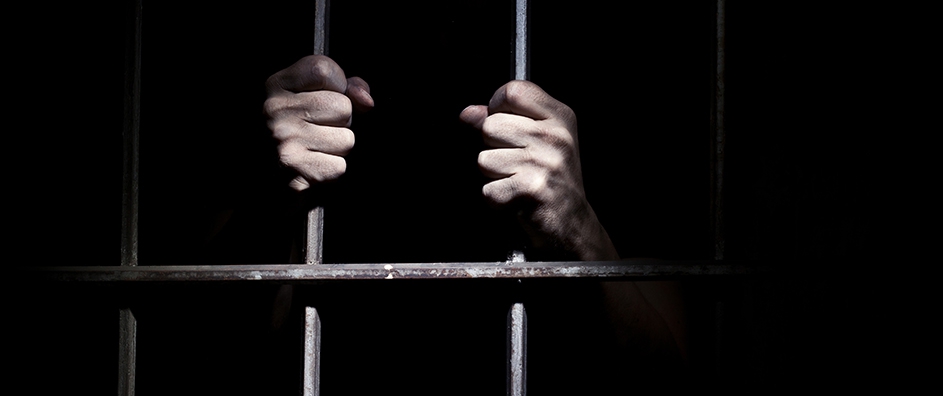
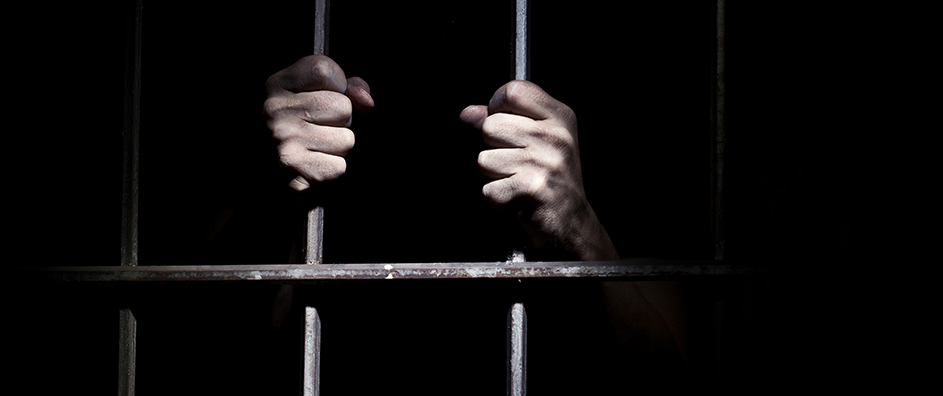
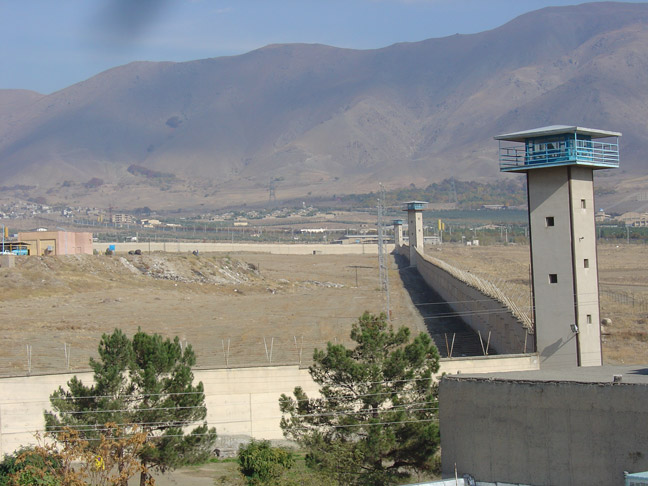

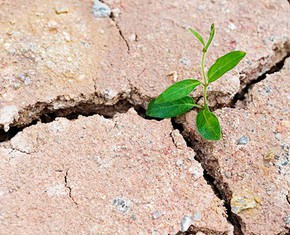


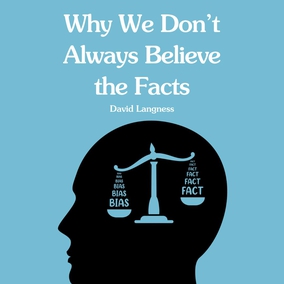


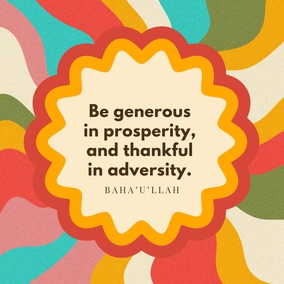





Comments
Sign in or create an account
Continue with Googleor